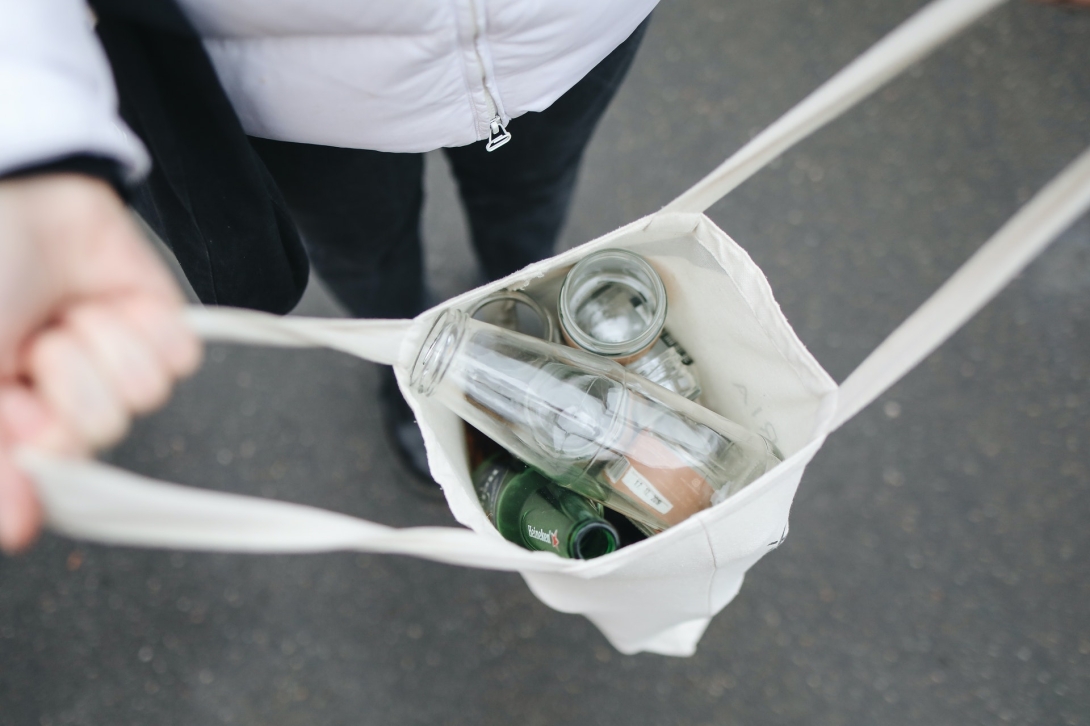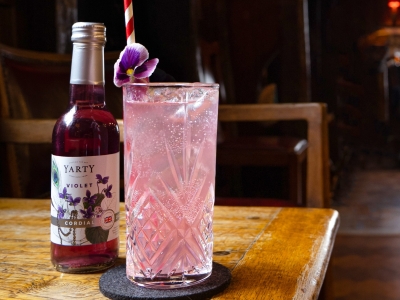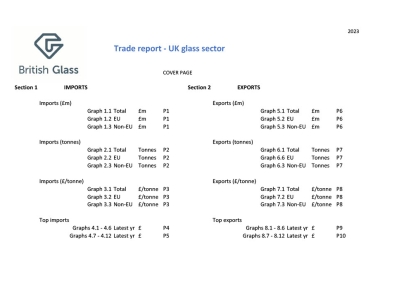
Following the publishing of Detritus’ Life Cycle Assessment of Beverage Packaging study and its subsequent coverage in the national press, there are several points that need addressing in regards to the positioning of glass as the worst material when comparing the environmental footprint of different packaging formats.
Lead Packaging and Recycling Advisor Phil Fenton comments:
“When comparing packaging materials side by side there will be pros and cons of each but with this study, we believe there are errors that skew the final findings against glass as a sustainable source of packaging and it is vital that consumers have clear information around their packaging choices.”
On recycling:
“The original Detritus report doesn’t account for recycling as part of the life cycle assessment which is an important consideration for various materials included in the study. Glass has high rates of glass recycling across the UK with 70% of glass packaging recycled – an important factor to consider for the circular nature of bottle to bottle production. Nor does the study discuss the end of life for glass if not recycled, which due to the natural nature of the materials use, is non-toxic to the environment.”
On manufacture:
“While the natural materials needed to create glass packaging and their extraction is heavily referenced throughout, it is unclear whether the same level of detail has been afforded to the impact of oil extraction as the main ingredient in creating plastic packaging or the mining of bauxite and its refining into aluminium.
“Silica sand, limestone and dolomite are abundant materials and with high levels of recycled glass cullet used in production – the average recycled content of packaging glass in the UK is 50% and green glass is frequently above 80% - there is less demand for virgin materials, something the study does not address for glass.
“It is also assumed that all aluminium packaging is produced with electricity that is generated via hydroelectric, which it is not.”
Weight:
“Another problem is created by the study concentrating on one litre soft drink bottles, which are not only rarely manufactured but an unrealistic scope on bottle weight for these types of bottles is also referenced.
“According to the article in The Conversation, which was written by the authors of the original study, a one litre glass bottle can weigh between 800g and 980g but these weights vary dramatically depending on the intended purpose of the bottle.
“For example, a glass bottle that is made to contain carbonated drinks will be heavier due to the higher levels of pressure it will contain whereas a bottle made for milk or fruit juices will be considerably lighter at around 380g to approximately 500g, which is something that appears to have been overlooked.
“This discrepancy in glass bottle weight would have had a substantial impact on the outcomes of this study, such that it could be argued these have been intentionally distorted to bias the findings of this study in favour of other packaging materials.”
Environmental benefits:
“While it may seem picky to highlight these points, we believe they have had a detrimental impact on glass’ standing when in fact glass is one of the most sustainable materials on Earth - it is 100% recyclable, can be melted and re-melted without ever reducing its quality, and is endlessly re-usable.
“If a glass bottle or jar does unfortunately enter the marine environment, it won’t break down into the micro particles that are so damaging to our sea life and it’s this end of life impact from other packaging materials that the original study fails to consider.
“As an industry we are constantly finding ways to lessen our impact on the environment, from using recycled glass in the manufacturing process to reduce both the energy required and carbon footprint of new bottles and jars, to paving a way to net zero carbon emissions through pioneering green initiatives in renewable fuels, lighter weight bottles and the production of the world’s first glass bottle which will truly have no negative impact on the environment.
“We all know more needs to be done to increase recycling, tackle litter, and move toward creating a circular economy for all packaging formats, which is why it is vital consumers, politicians and policy makers have clear, transparent evidence and not misleading reports to make their own decisions.”


